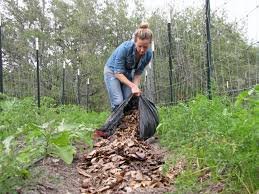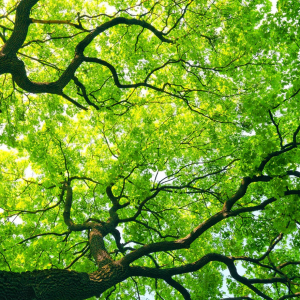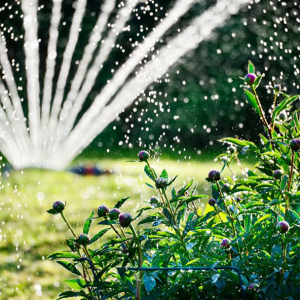Mulching – let’s spread the word
Without any doubt, the practice of mulching is as important a job in the garden as anything else that might be done.
With summer on the way it is a great time to top up or apply new mulch that will keep the soil at an optimum moisture level. By adding mulch before the dry weather commences you will capture the moisture in the soil before it is lost to evaporation.
There are many products available for us to use and the type we use depends on several factors.
Do you want the mulch to be a short or a long term solution? The decision comes down to whether the garden or plants you are mulching is something like a vegetable or flower garden or a permanent shrubbery or tree planting.
In the case of the flower or vegetable garden there are basically two methods of mulching. One is to use a soft mulch like sugar cane or straw and the other shredded cow manure.
In both cases these products are short term but are of great benefit to the garden. Both decompose over a short period and through this decomposition process retain moisture around the plants and improve the structure and the texture of the soil.
The long term benefits of this are an improved ability for the soil to retain moisture but more importantly for the plant to take up nutrient and develop a good root system which in turn helps it through periods of stress and the like.
The other forms of mulches like gravel and woodchips are more long term and should only be used on shrub beds and around trees. Wood chips whether hardwood (Eucalyptus) or softwood (Pine) also have a ‘shelf” life but their ability to retain moisture for the plants is better than no mulch. Wood chips have one issue and that is that in their decomposition process they tie up the nitrogen available to the plant so regular supplementary fertilising is required to counter this.
My favourite form of mulch is a river gravel, which is usually a bi-product from sand dredging along rivers. Although some people will say that this is not that necessarily environment friendly, one must weigh up the other side of the coin and that is the removal of trees for wood mulch.
Gravel mulch has great benefits like not blowing away in strong winds particularly in coastal gardens and the fact that it is usually a one off application, as it doesn’t decompose like wood and straw mulches. It doesn’t burn either for those of us with a bush garden.
A few other things to consider when using mulches are that mulch can prevent light showers of rain reaching the soil surface thus robbing the plants of moisture. In dry periods it is advisable to rake back the mulch from around the close proximity to the plant trunk and saturate the soil and then place the mulch back around the plant. Similarly when applying fertiliser the process should be repeated.
Mulching generally overall is of great benefit to the garden. Whether moisture retention in warmer months or cold protection for roots in colder month the process of mulching is a very important part of everyday gardening.



